On the letters page of the Sunday Times last month, the presidents of the Royal Historical Society and the Historical Association were among the signatories to a letter boldly headlined ‘History must not be politicised’. They were incensed by a rumour that government funding might be cut for the Colonial Countryside project, which looks at possible connections between the British Empire, the slave trade and National Trust properties. Unable to recognise their own political bias, the letter-writers accused the government of ‘politicising’ history by trying to depoliticise it.
This extraordinary self-belief, this insistence that academics occupy the high moral ground, reflects what is happening in British universities, not least among my fellow historians. The marginalisation of those on the right is not new — but it is getting worse.
When I went up to Cambridge to read history in 1968 I thought of myself as left-wing, as a socialist. Karl Marx held no appeal, but I had my doubts about share-owning capitalists. My cure from these illusions began when I was an undergraduate at King’s, a college that gloried in its reputation as the radical powerhouse of Cambridge.
I soon learned that the King’s College Students’ Union had become a platform for views many did not share, but fewer were willing to oppose in public. The union committee was in the habit of sending telegrams to Ho Chi Minh exhorting him to keep up the just struggle against American imperialism. The union subscribed to three copies of the Morning Star, but bought only one Telegraph to console bourgeois capitalists.
But I did learn to be a dissident at King’s — just not the sort of dissident I was expected to be. I dissented from the views of the self-appointed dissenters from bourgeois capitalist society. I became the college correspondent of Varsity, the student paper that was shunned throughout King’s for its lack of revolutionary fervour. Later, as a fellow of Gonville and Caius College, I learned from John Casey the importance of not following the herd but having the courage to challenge received views.
Some years ago I had a pupil who, in addition to my own course, was following one on Margaret Thatcher on which a large number of marks depended. Unfortunately for him, the lecturer was a fierce critic of Mrs Thatcher and he was a great admirer. But he bent with the wind, at least when writing his exam answers. Or there was the exchange of views when a colleague was dining on High Table at Churchill College as the guest of one of its fellows. The host remarked that he would never want to have dinner with someone who read the Daily Telegraph, only to be told: ‘Well, I do.’ It is simply taken for granted that everyone has started off the day by experiencing a suitable level of moral outrage after reading the op-eds in the Guardian.
This all happened before the coming of wokery. The recent publication of a life of Edward Said is a reminder of how pernicious the influence of his ideas about western culture has been. He had very little grasp of how to establish historical truth, but as a warrior against ‘colonialism’, ‘imperialism’ and so on that did not seem to matter — his turgid book Orientalism is read as much by history students as by literary ones, and has shaped a whole (mis)understanding of the relationship between East and West. In his wake (or maybe one should say, in his woke), the habit of moralising about the past and regarding facts as subjective imaginings has become more widespread whenever people are talking about the history of empires or the history of ‘capitalism’ — whatever is meant by that term.
The great economic historian Munia Postan used to point out in his Cambridge lectures that you could find capitalists in the Sumerian cities of Iraq 4,000 years ago. Now the lesson is that capitalism is and ever was ‘racialised’. That language is only the first step into an impenetrable forest of jargon. A joint British and Dutch research project that has just received generous funding will examine ‘Coloniality, Decoloniality and Extractive Anthropocenes’ — and beware of confusing decoloniality with decolonisation, or Post-Colonial Studies, while remembering that the pioneers of the concept of decoloniality have added ‘occidentalism’ to Said’s orientalism.
Back in the realms of what may be more familiar language, ‘false consciousness’, a concept well-known in the Soviet Union, ensures that those who opposed the slave trade centuries ago can still be presented as its indirect perpetrators. The answer to the problem of false consciousness, as Enver Hoxha or Mao would have told us, is re-education.
Somerville College, Oxford came up with the idea of compulsory diversity awareness training in which participants had to receive full marks or be summoned to explain themselves. The freedom of those within universities to think about different ways of looking at a problem, and make up their minds for themselves, which is what universities are about, is being challenged from the higher levels of the university hierarchy.
The magic word in universities today is ‘diversity’. It certainly makes sense to appoint university committees that draw on a variety of experiences among men and women, as well as on a spectrum of ethnicities. It makes sense to teach history in universities that does not home in rapidly on the history of these islands, or just England, or just England since 1900 — that has been a besetting error in courses until recently. But going global in the study of the past should mean learning about other great empires, other cruel systems of labour, other types of racial and social discrimination, without the constant moralising that intrudes into current historical writing.
It means dropping many of the vacuous –isms generated by what is grandly called ‘theory’ that flutters around high above the facts, and recovering instead the reality of past times in which people had very different assumptions to those we generally hold nowadays. We are not being asked to adopt those assumptions, but to see how they were developed. Understanding this is a much greater intellectual challenge than spouting jargon intended only for like-thinking colleagues, much of it empty of any meaning or of evidence of an ability to think and communicate clearly — the modern equivalent of the emperor’s new clothes.
Diversity within universities means something else as well. Practising diversity in a way that excludes those who are diverse enough not to share the ‘progressive’ views of others is no better than excluding people because they are gay, or belong to a particular religion, or are socially or ethnically out of line with the majority. The true dissidents within the universities must reclaim their place at the diverse table.
Got something to add? Join the discussion and comment below.
Get 10 issues for just $10
Subscribe to The Spectator Australia today for the next 10 magazine issues, plus full online access, for just $10.
You might disagree with half of it, but you’ll enjoy reading all of it. Try your first month for free, then just $2 a week for the remainder of your first year.

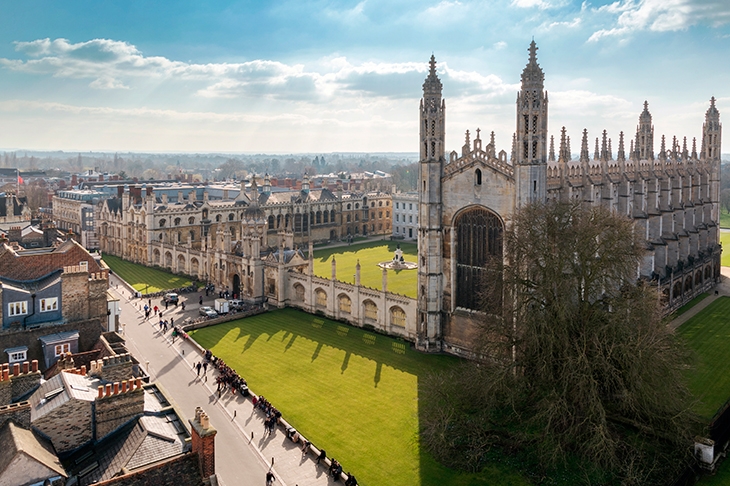
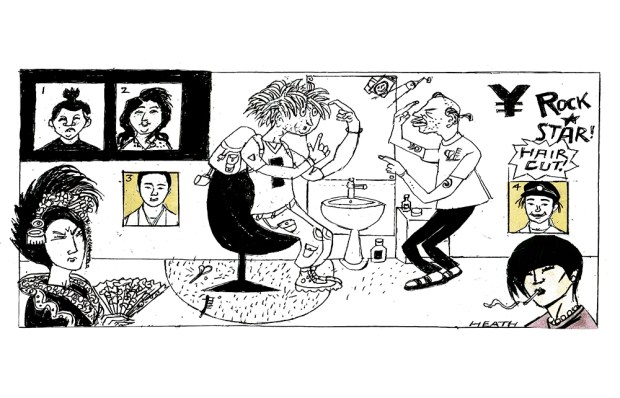
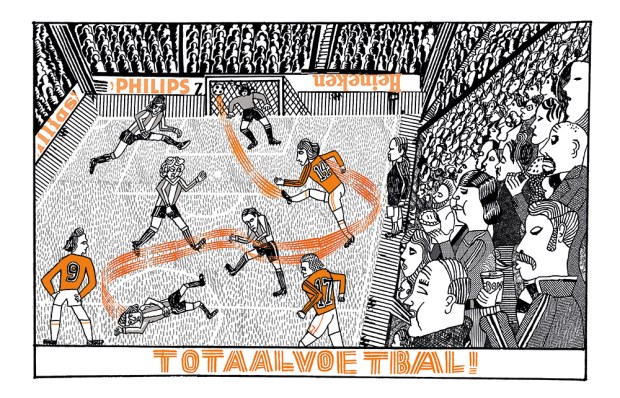
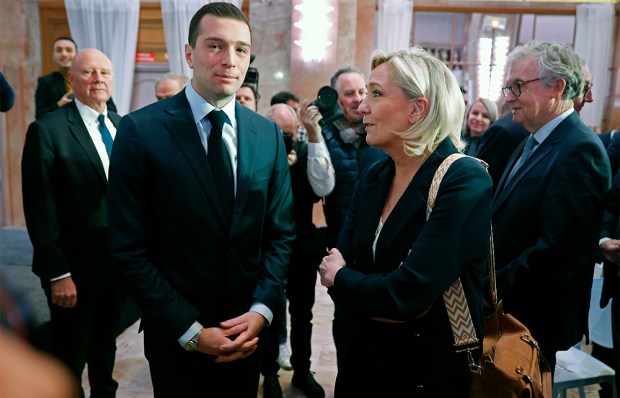
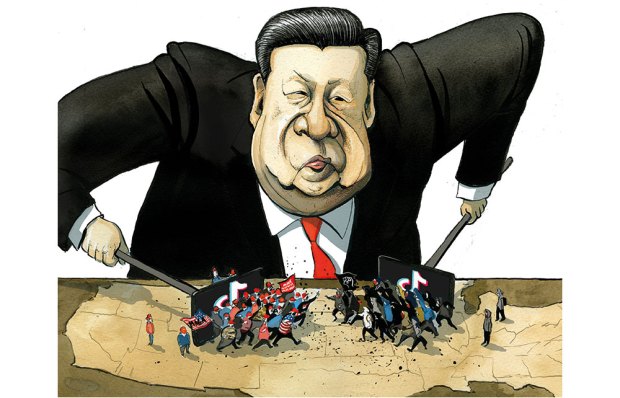
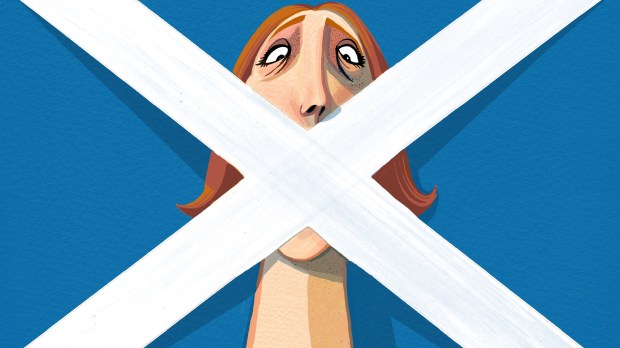
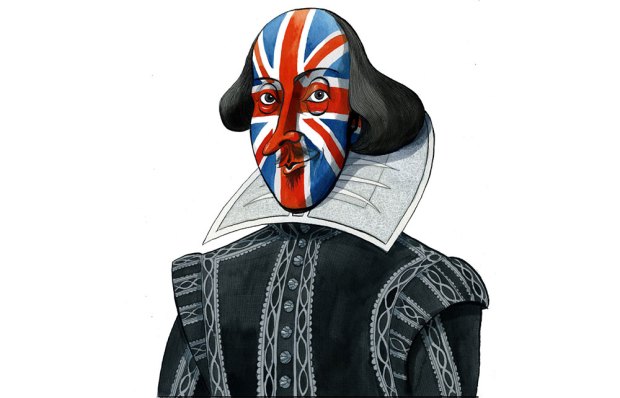






Comments
Don't miss out
Join the conversation with other Spectator Australia readers. Subscribe to leave a comment.
SUBSCRIBEAlready a subscriber? Log in